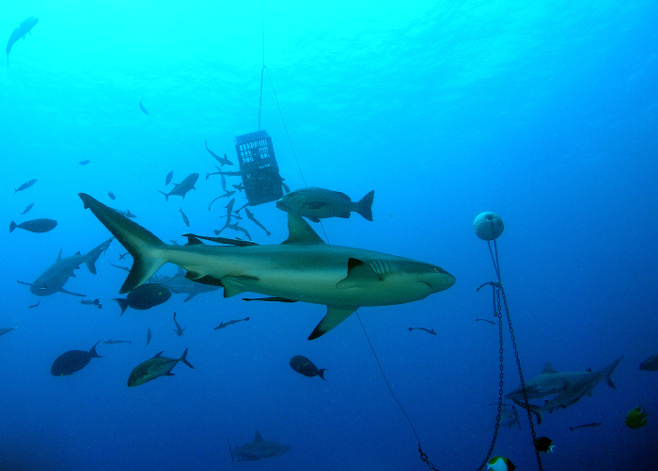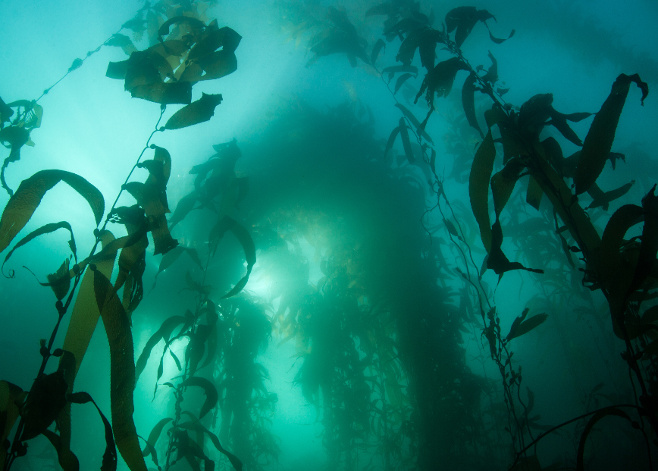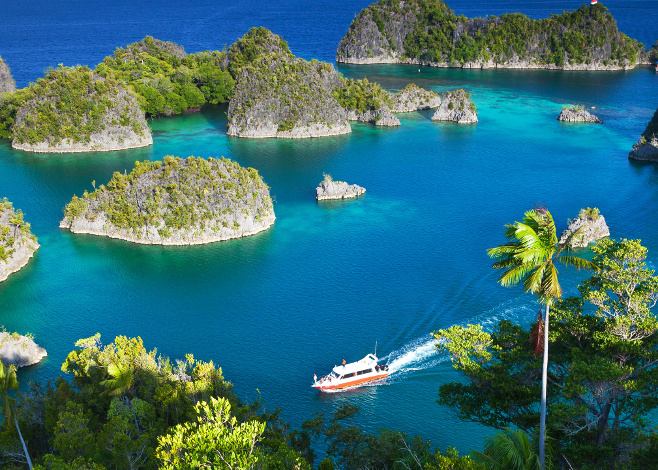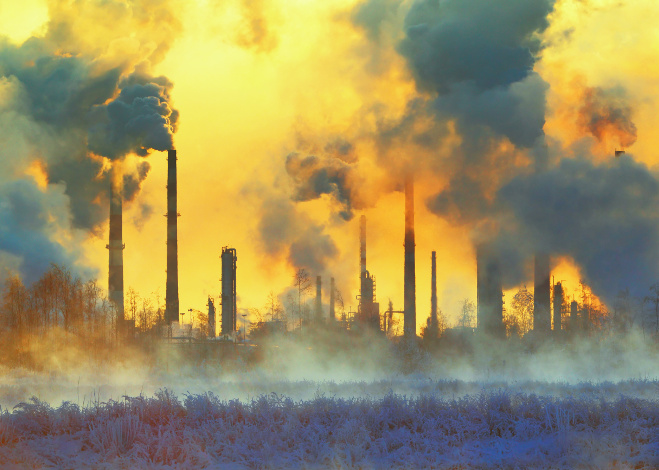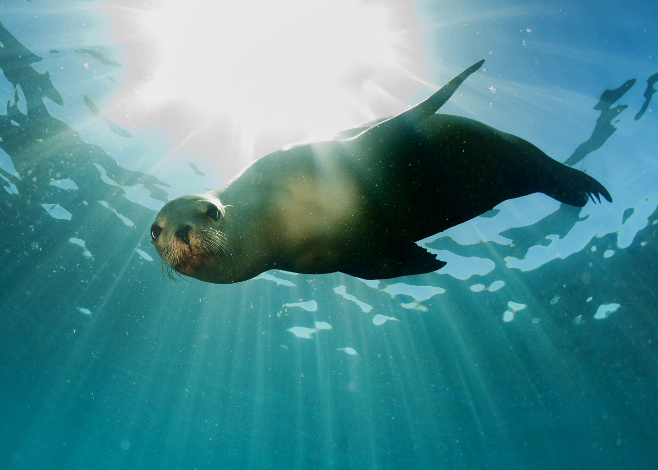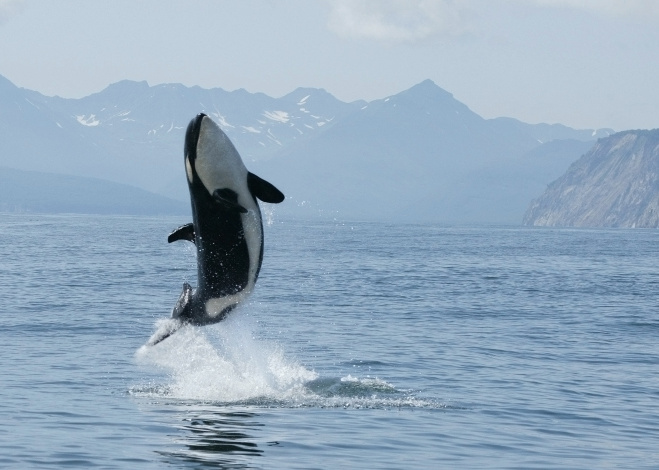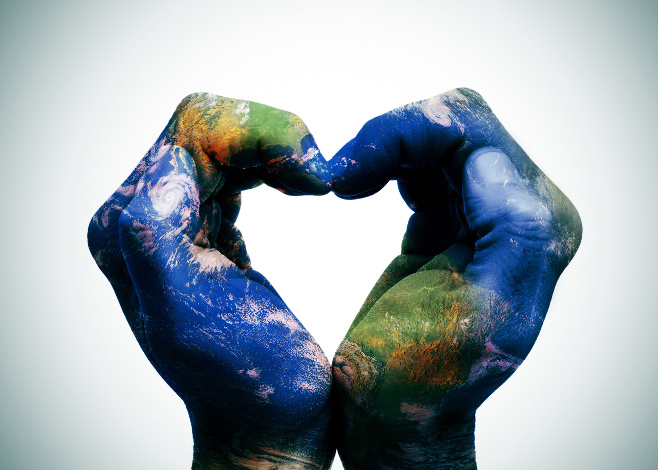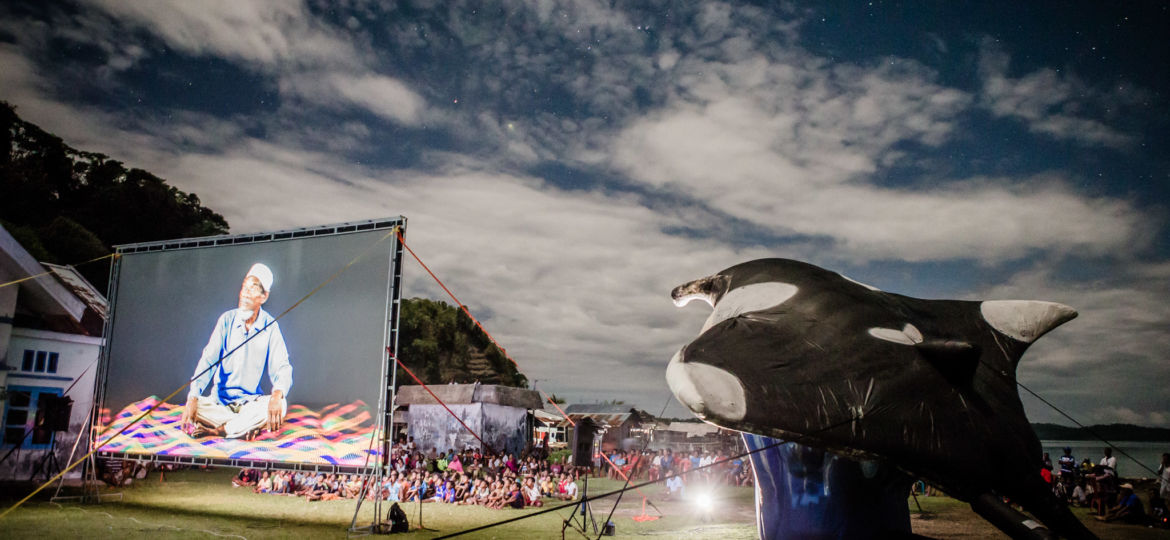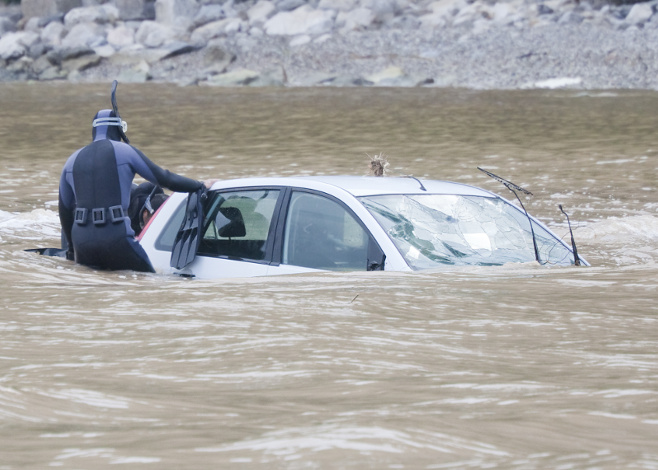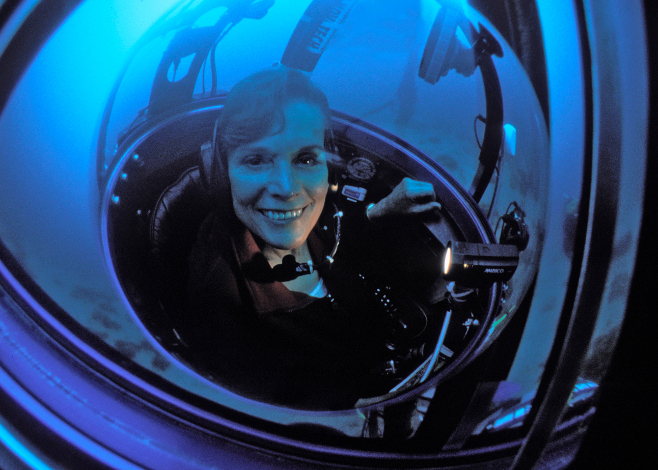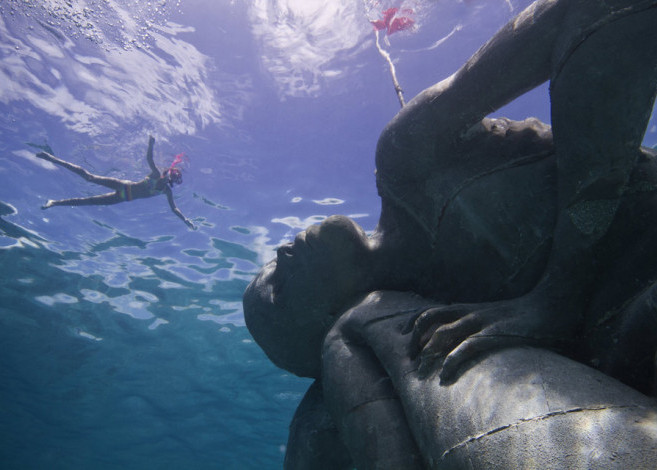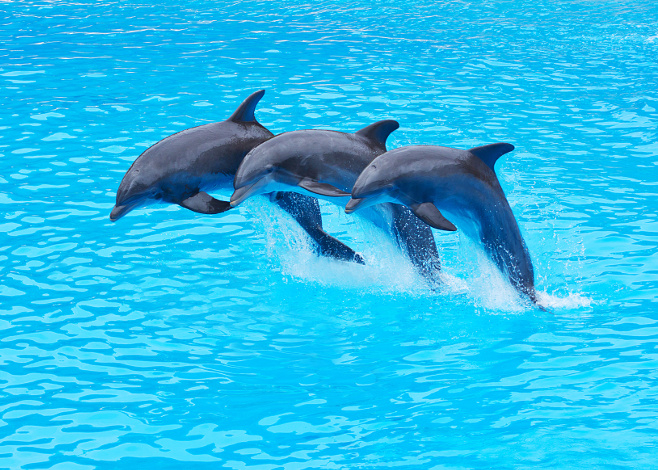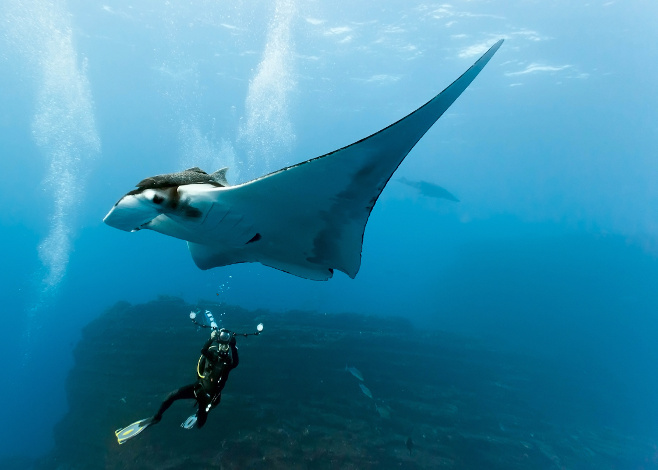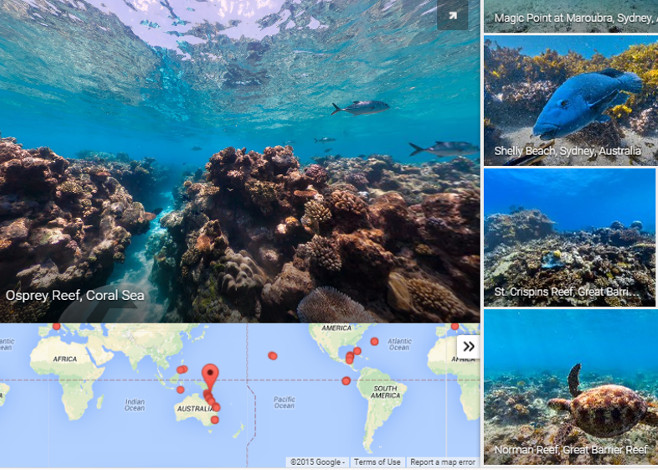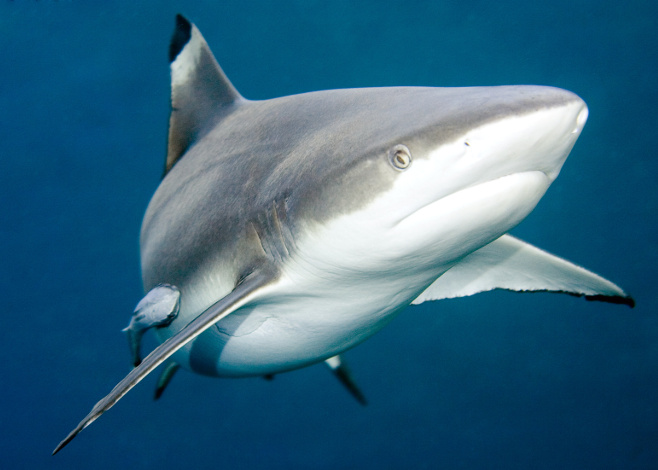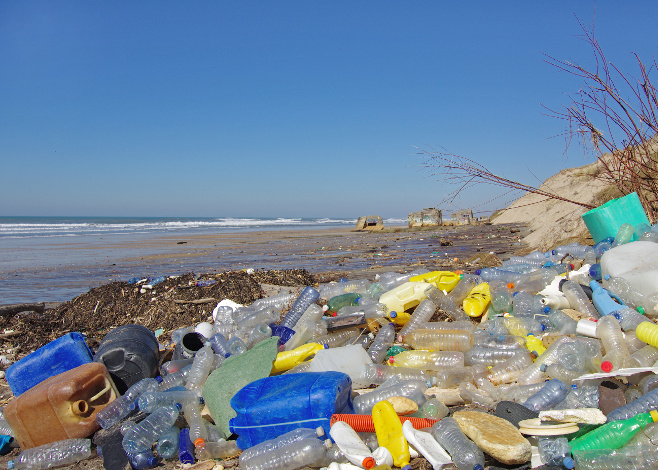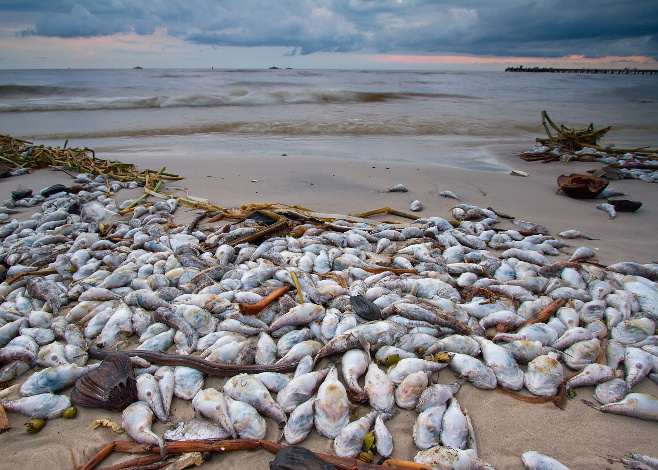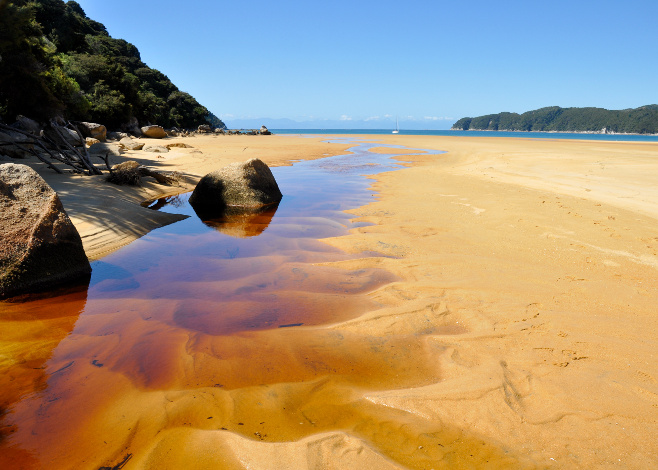The question of whether or not feeding and/or scenting for sharks is acceptable often sparks heated debate amongst divers, marine scientists and conservationists.
Conservation
Made of kelp instead of wood, these underwater forests are recognized as one of the most productive and dynamic ecosystems on Earth.
Misconceptions are common, including the belief that all MPAs are no-take or no-fishing areas, as well as the belief that all MPAs are managed at a federal level.
Even the small things matter – from your car’s small oil leak to the fertilizers and pesticides you use.
Although we’re out of our natural element while diving, we’ve still got that innate need to touch the things that pique our curiosity.
Marine conservation charities like these provide a glimmer of hope in the darkness, a bright flame for the future of our oceans that we can help fuel by offering our support.
It’s a big job, but if we all pitch in, we can improve the state of our oceans.
Driving Conservation with Grand-Scale Media in Remote Communities
Diving is primarily fun — as it should be — but adding a purpose to your dives can give the experience a whole new dimension
Often referred to reverently as “Her Deepness,” Dr. Sylvia Earle is a shining example of the dizzying heights that female scuba divers can achieve.
From a massive two-story Atlas to an incredible 500 piece underwater museum, here are the best statues we could find.
Often, the story behind feel-good films featuring marine mammals is completely different than the one we see onscreen.
Since embarking on her crusade to save the manta ray, Marshall has inspired countless others to care about the fate of these remarkable animals.
No cyber-experience could ever live up to the real thing, but hopefully these virtual “dives” will encourage people to take a leap into the underwater world.
There are lots of campaigns to save the world’s cute and cuddly animals, but animals like sharks need just as much attention
Cleaning up the ocean “one dive at a time” is a great way we can individually contribute to saving our oceans.
Red tides occur globally every year, and are the result of the explosive growth and accumulation of certain microscopic algae species, or dinoflagellates.
As befits a living legend, hers is a resume littered with seemingly impossible achievements; with her support, the Hope Spots could well constitute the future of marine conservation.


